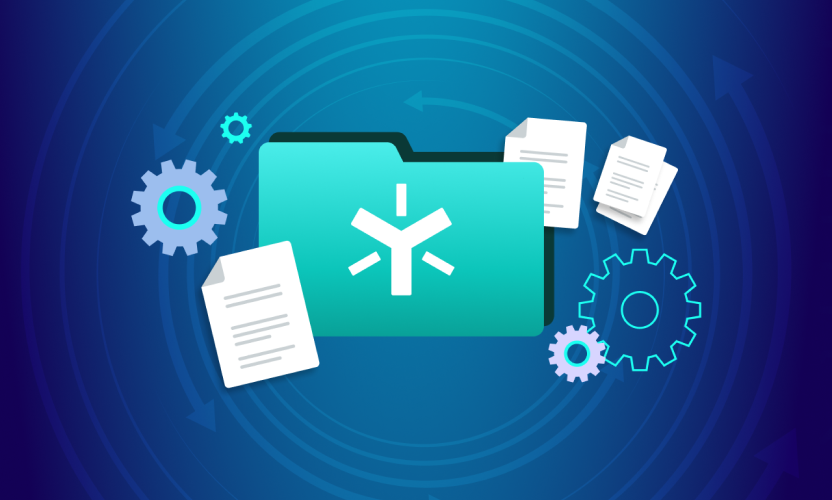
Why Your Retail Business Needs to Adopt the Cloud
If you've been cloud gazing, you know the potential this solution has for propelling your business forward.For retailers, adopting the cloud can eliminate the need to invest in new stores and help companies tap into new global markets without the burden of high overhead costs. Furthermore, as more consumers demand a seamless, personalized buying experience, retailers can leverage the cloud to aggregate and assess consumer behavior and deliver high levels of personalization.To fully capitalize on the business-enhancing advantages of cloud technology, you need to take the leap. More retailers have already begun flocking to the cloud because it gives them the power to do the following:
- Get the right data to the right employees. Retailers with multiple locations face the challenge of getting the right HR paperwork, training materials, financial documents and more to the right people at the right time. Using a cloud-based file-sharing solution allows you to segment and organize your data across every department so you can grant or deny access to specific people. These control features are especially important for companies that frequently work with contractors or have high turnover rates.
- Provide new opportunities for collaboration. To keep your team working efficiently, you need to provide tools that embrace collaboration among various departments or offices. If a supply chain manager in New York City needs to edit inventory plans with a manager in London, the cloud can provide an easy and secure platform to make it happen.
- Manage personnel and their files. When it comes to employee training and annual reviews, you need a central location where you can manage relevant data; provide quick access to handbooks, team schedules and guidelines; and reliably store employees’ paperwork throughout the duration of their employment.
Navigating Your Cloud OptionsCompanies around the globe are looking for cloud technologies that provide the agility, control and efficiency they need to stay ahead of the market. According to an Accenture report, the retail cloud market is predicted to more than triple from 2011 to 2015, so finding the best cloud solution now should be a top priority. Here are five questions you need to ask when vetting potential cloud services:1. Does it have the architecture to support my files? Although the attractive bonus features some cloud solutions tout may be appealing, the most important quality to look for is its underlying architecture. If your provider lacks the architecture to accommodate your company's file sharing, it can lead to costly constraints and failures over time.2. Is it scalable? Make sure to consider how your business might change and grow in the future. Determine whether the solution's structure provides the scope to serve your data needs and user base now and as they evolve.3. Will it keep my information secure? Your data and files need to be as secure in your cloud provider's hands as they are locked in a filing cabinet behind your desk. Does the provider have a comprehensive security approach to ensure your data is protected? Is the control model to manage file shares and permissions as dependable as an on-premises model?4. Is it simple to use? The solution you choose needs to be highly functional, easy to use and equipped to help you collaborate on projects so you can push your business into new realms of efficiency. For this reason, look for a solution that all users — regardless of their tech abilities or location — can make a part of their daily routine.5. Are data migration costs reasonable? Your cloud solution should preserve the structural integrity of your data and give you uninterrupted, flexible access to all of your critical files. Make sure you're asking each cloud provider if its solution offers a cost-effective data migration process.While cloud services have the potential to transform your business and internal operations, failing to adequately assess each option could cause serious problems in the future. A lack of scalability can lead to declining productivity, and security/data integrity issues can have major compliance, financial and legal implications.Don't let potential cloud woes deter you from adopting this technology. Consider your business needs, and choose a solution that fulfills those. Then you can enjoy the growth and increased productivity your cloud service provides.

*The original post appeared in Retail Online Integration.






